Schedule a Call Back
A healthy heat wave
 Technical Articles
Technical Articles- Nov 30,-1

The Indian market for boilers, heat exchangers and furnaces has been witnessing good growth over the years, triggered by various infrastructure, social and industrial development initiatives and the trend is likely to continue
Even as a teenager, the one thing Pune’s Munir Ahmed knew for sure was his choice of profession. It was going to be a career in making piping systems and boilers. No wonder then that he chose to do his graduation in production technology and then followed it up with specialisation in piping design and engineering. The reason was simple. His father had started a factory in Pune in 1990 to design and supply piping systems to OEMs and Munir wanted to take it forward. Today, the small workshop called Lotus Engineers has come a long way with Munir leading from the front. Lotus Boilers & Pressure Vessels (P) Limited, as it is known now, offers on-site installation of turnkey utility and process piping for the process industry and commercial establishments. Its business expertise covers design and manufacturing of capital equipment, steam boilers, pressure vessels, tanks, chimneys, etc.
Among its many products are steam boilers suitable for plants with low-pressure steam and steam load like dairy unit, feed plant, and small chemical units with capacities up to 600 kg per hour and 7 bar design pressure. “We undertake complete installation along with support equipment and accessories up to commissioning and IBR formalities for all such boilers,” Munir informs. Also, while its list of primary customers was earlier more or less confined to Thermax and Forbes Marshall, the repertoire has now expanded to include such blue-chip clients as Mahendra Forging, Weikfield Agro Ltd., Vizag Steel Plant, Shirke Paper Mills, Kalyani Steels, Jain Irrigation Ltd., Force Motors, Kirloskar Oil Engines, KSB Pumps, and many more. With this growing roster of clients across India, Lotus Boilers & Pressure Vessels has invested in a new workshop at Chakan near Pune, spread across 16,000 sq. feet - a state-of-the-art plant with integrated back-end facilities for rolling, cutting, bending and all such major operations.
What this company is engaged in is also an indication of what lies ahead for India’s boiler industry. The scenario is definitely positive. In the bigger picture, there have been big news about the major boiler manufacturers in the country. For instance, L&T-MHPS Boilers signed a technology licence agreement for selective catalytic reduction systems with Mitsubishi Hitachi Power Systems Ltd. The technology licensing agreement is for design, engineering, manufacture, installation, commissioning, and sale of new boilers under BTG, EPC or SG packages or standalone SCR systems. Meanwhile, General Electric Company (GE) bagged a contract worth around Rs 270 crore from Bharat Heavy Electricals Ltd. (BHEL) for supply of boilers for the Telangana Super Thermal Power Project.
Further, Thermax Limited with a portfolio that includes products for heating, cooling, water and waste management, and specialty chemicals along with designing, building and commissioning large boilers for steam and power generation, turnkey power plants, industrial and municipal wastewater treatment plants, waste heat recovery systems and air pollution control projects, signed a deal to execute Rs 353 crore energy project for Rashtriya Chemicals and Fertilizers (RCF) for captive power. It will also install waste heat recovery boilers downstream of the turbines to provide required steam for process. “This order once again underlines Thermax’s expertise in gas-based captive power plants for the industry,” said M S Unnikrishnan, MD and CEO of Thermax Limited. The scope of supply includes two 25 MW each gas turbines and 2 x 100 TPH waste heat recovery boilers.
There are many such large boiler companies that are making impressive headway in the industry. Some of these companies include Cheema Boilers Ltd. that has been manufacturing boilers and allied products for the last two decades and has earned recognition as a research-driven organisation that sets benchmarks for innovative technologies; Veesons Energy Systems which is a leading manufacturer and supplier of boilers and small power plants; Southern Boilers and Equipments, a multi-product company in the process heating and captive power generation sectors; Industrial Boilers Ltd. which manufactures boilers, thermic fluid heaters, ESP, autoclaves, etc; and others. According to a report published by Sumit Tyagi, Manager (Projects), NRR Power Solution (P) Ltd. in ‘Energetica India’, the boiler market in India has been growing continuously for the past few years with a CAGR of 24.53%. While the demand outlook is favourable, the domestic BTG (boiler-turbine-generator) industry is faced with strong competition from original equipment manufacturers (OEMs) based in China, as several private sector players have preferred to import BTG sets from China on the grounds of relatively faster delivery schedule and competitive cost of sourcing. “Given the existing energy deficit and likelihood of continued growth in energy requirement in the country, power boiler markets have a favourable future outlook,” he states. BHEL is a major Indian market leader in the boiler manufacturing segment with perhaps over 60% share in the market and installed base of 120,000 MW. The other important players, along with those mentioned earlier, are L&T, Siemens, ABB, Doosan Heavy Industries and Crompton Greaves.
According to the 17th Electric Power Survey Report, the electrical energy demand for 2016–17 is expected to be at least 1,392 Tera Watt Hours, with a peak electric demand of 218 GW while the electrical energy demand for 2021–22 is expected to be at least 1,915 Tera Watt Hours with a peak electric demand of 298 GW. Given the scenario, domestic OEMs (including joint ventures) are expected to benefit significantly from Government of India initiated efforts for the power sector to go for bulk tendering of super-critical units for the projects being developed by NTPC and DVC, with eligibility clause for bidders specifying mandatory domestic manufacturing presence and with a valid technology transfer arrangement.
“The ability of domestic OEMs (including JVs) to bag orders from private sector IPPs will remain critical, given the increasing share of capacity addition from private sector IPPs. FDI inflows in boiler industry are continuously increasing with a CGR of about 28.5% and they amounted to USD 3 billion during 2012-13. For the period 2000-2013 total imports in boiler equipment grew continuously at a CAGR of 29.63% in terms of lakh rupees and at a CAGR of 26.62% in terms of quantity,” Tyagi states. Apparently, more than 83 GW of thermal plants are being developed at present, where foreign players (with Chinese accounting for a major share) have captured close to 45% market share. Supercritical technology is gaining prominence in the Indian market. During the Eleventh Plan, the share of supercritical technology was 14%, while in the Twelfth Plan the share of supercritical technology will be more than 60%.
“Indian players, as well as the global players focusing on the Indian market, have put in place facilities to manufacture products based on supercritical technology. More than 80 GW of supercritical sets have been awarded by India till date. Foreign players have been the recipients of the major share of such orders. More than 68 GW have been awarded to foreign players, with Chinese players capturing more than 80% of the orders placed with foreign companies. Domestic players lag behind in adding BTG capacity in the supercritical boiler and turbine segments,” Tyagi notes.
However, despite the challenges and competition, the future for the boiler industry seems to be bright. The primary reason is that power demand is estimated to reach 3,50,000 MW by 2022 with government programmes aimed at providing electricity to over 1,00,000 rural areas and 22.6 million households below poverty line set to give it the required boost. Further, maximum share of Indian boilers installed till now are 20 years’ old. Replacement or brownfield expansion could provide significant opportunities. There are other factors too such as the de-licensing of the electrical machinery sector that now allows for 100% FDI, approval of a significant number of SEZs, increasing entry of global players through the JV route, emergence of green technologies due to increased priority given towards reduction in CO2 emissions and existing players planning huge capacity expansion over the next few years.
Heat Exchangers and Furnaces
According to a report published by MarketReportsOnline.com for the period 2014-2019, the global heat exchanger market has been witnessing phenomenal growth over the past few years and the market is expected to continue its growth momentum in the near future due to worldwide energy infrastructure expansion, increased demand from nuclear power sector, as well as a growing emphasis on reducing heat energy costs by increasing energy efficiency. New emerging technologies and regulations in certain regions have also helped in the growth of the industry. Regional analysis of the heat exchanger market reveals that Asia Pacific is the fastest growing region in terms of demand of heat exchangers whereas China is experiencing the highest demand globally, mainly due to new manufacturers entering the industry. European Union is also showing abundant signs of improvement and this can be seen from the statistics of rising demand of heat exchangers.
However, with immense growth opportunities, the heat exchanger market faces challenges in terms of rising competition from new entrants, cost of replacing old models and rising energy cost. Due to rising environmental concerns many industries are adopting high-end energy-saving heat exchangers to mitigate the loss of their revenue, which is largely due to the rise in the cost of energy. Heat exchangers are used to transfer heat between two or more fluids, between a solid surface and a fluid, or between solid particulates and a fluid, at different temperatures and in thermal contact. Heat exchangers are an integral part of many businesses which includes industries, buildings, power generation and transport.
The fact that the industry is all set to take advantage of emerging opportunities can be evidenced from a recent development at Inductotherm Group India which offers advanced technology for the engineering, manufacturing and service of thermal processing equipment used in the melting, heating, heat treating, forging, galvanizing, coating, cutting and welding of metals. In March this year, it held an official dedication ceremony of its new facility in Ahmedabad. The premise, with an architecturally magnificent 1,00,000 square metre building that contains a 54,000 square metre manufacturing area, will provide ample space to fully support all of the company’s India customers. It contains all the modern amenities with automation tools, new machines and equipment and a fully air-conditioned shop floor. “This new world-class facility was constructed and designed to provide state-of-the-art manufacturing and testing capabilities and workflow,” said Gary Doyon, CEO of Inductotherm Group.
Yet another interesting development has been that of Kalyani Technoforge announcing acquisition of Bodycote’s Indian operations in September 2015. Bodycote, a leader in thermal processing services worldwide, will support Kalyani Group’s strategy to venture into commercial heat treatment, surface coating and metallurgical services. This is the Kalyani group’s second commercial heat treatment facility operational in Pune; the first facility having vacuum carburizing process started its operations in March 2015 in Khed City, Pune. Amit Kalyani, Executive Director, said, “Bodycote acquisition is a major successful milestone for the group’s dynamic vision. Kalyani Group with its highest repository of metallurgical knowledge, proficiency and intensive metallurgical expertise in combination with sophisticated tools and technology of Bodycote shall turn out to be one of the strongest synergies ever.”
Bodycote India operations have state-of-the-art technology in heat treatment and testing. This consists of highly sophisticated heat treatment, surface treatment and metal joining processes like vacuum heat treatment, carburizing, nitriding, hot and cold wall plasma nitriding, carbonitriding, brazing, cladding, etc. Each of these processes has its own significance and characteristic output which alters properties of material and thereby improves life and performance of the product undergoing the particular process. To conclude with what Munir of Lotus Boilers says, “There are at least 40 companies in Pune itself which are into making boilers, piping systems, heat exchangers, pressure vessels, etc. But the fortunate part is that there is room for everyone and it all finally boils down to the expertise you can offer a client.” Add all the cities in India and the huge number of manufacturers of boilers, heat exchangers and furnaces and the bigger picture emerges loud and clear!
– HUNED CONTRACTOR
Related Stories
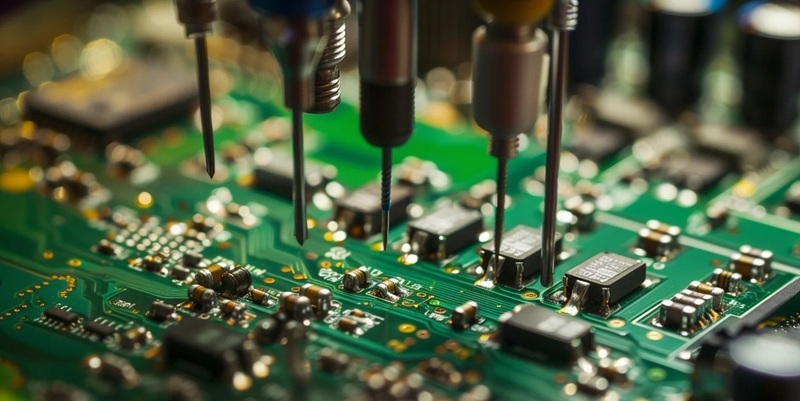
Aimtron Secures Rs 1 bn ODM Deal with Leading US Infrastructure Firm
Aimtron, an Electronics System Design and Manufacturing (ESDM) company, has signed a Rs 975.5 million ODM deal with a US infrastructure leader to develop advanced, transformer-free UPS systems for g..
Read more
Cooper Corporation & Sinfonia Technology Launch India’s First CPCB IV+ LPG Genset
Cooper Corporation and Sinfonia Technology (Japan) announce the launch of India’s first CPCB IV+ certified 10 kVA LPG genset, marking a strategic partnership focused on advancing clean energy solu..
Read more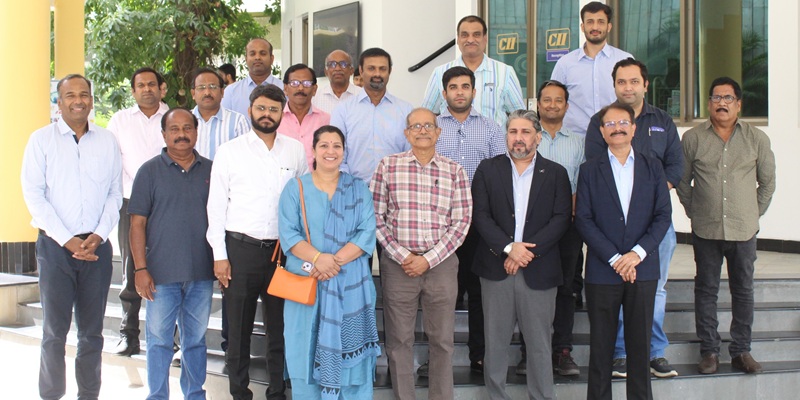
AIFI Launches ‘GenNext Entrepreneurs Forum’ to Shape India’s Forging Industry
AIFI unveils the GenNext Entrepreneurs Forum to foster emerging leaders in India’s forging industry, focusing on innovation, sustainability, and global competitiveness.
Read moreRelated Products
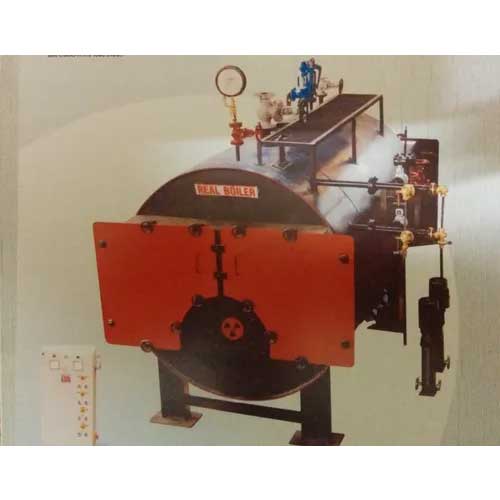
Package Boilers
Real Boilers Pvt Ltd offers a wide range of package boilers.
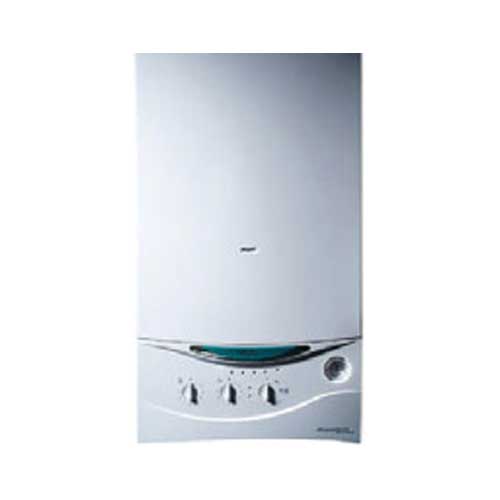
GAS BOILERS
Akshaya Enterprises offers a wide range of non IBR fired boilers
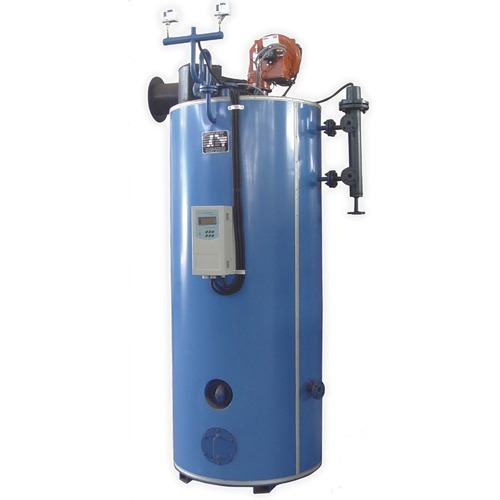
Steam Boilers
Fuelpac Boilers & Engineering Company India Pvt Ltd offers a wide range of steam boilers, vertical.Â












